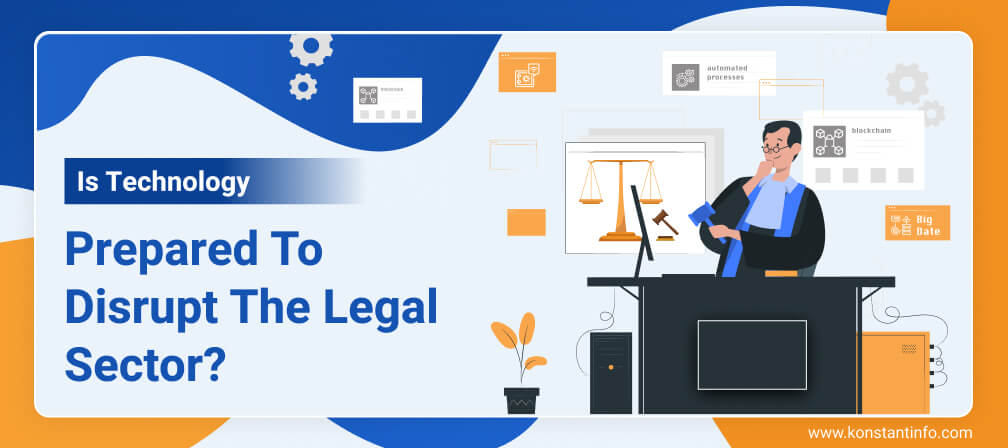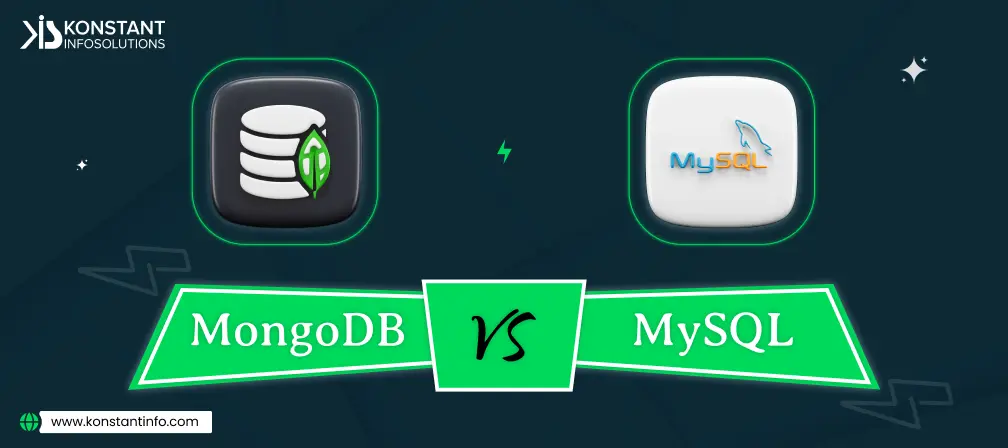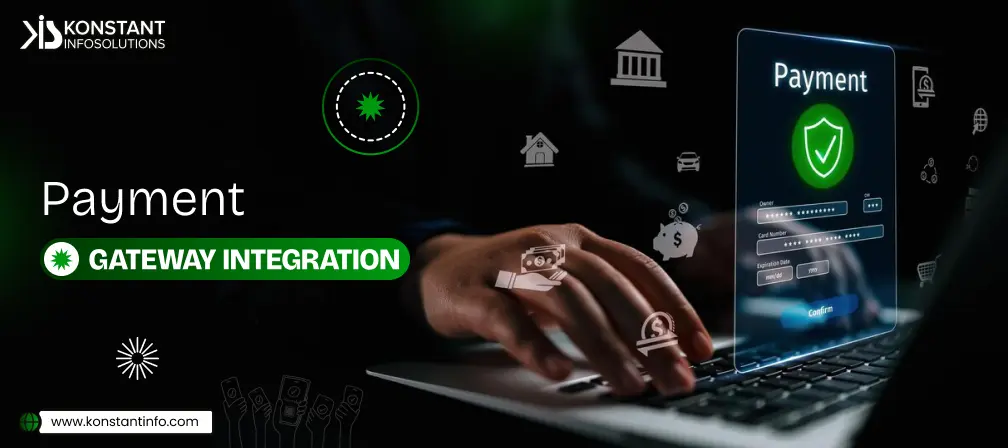Legal professionals have to abide by the needs of their clients. Any change in the existing technologies and emerging trends creates urgency for independent lawyers and law firms to improve their operations to remain relevant and competitive in the market.
This excerpt revolves around the importance of having technology in the legal sector. We’re emphasizing it as more bar associations are making it mandatory to include technology-based CLE programs. Therefore, instead of paralegals, lawyers now require understanding browsing from documents and rules of the book on the internet. Here, familiarize with the basics of digital technology in law:
- Artificial Intelligence: SpeechWrite 360 voice recognition and legal robots in AI helps in transcribing court hearings, automates, and streamlines processes. This technology adapts to the user’s voice and becomes more accurate. It improves dictation accuracy, enabling users to carry out a wide range of commands (for MS Office applications) by voice commands.
- Chatbots: Basis predictive coding, chatbots are used as the first line of reception support, directing website visitors towards relevant information and contact details. People ask legal questions on their smartphones, answered by a computer instead of an actual attorney. Docubot allows users to generate legal documents.
- Digital Dictation and Automation: Cloud-based solutions by SpeechWrite automate routine legal work improves productivity rates. It reduces secretarial costs and streamlines workflow, allowing lawyers to dictate a letter and access draft, check, and send it across to the client. It also automates other time-consuming tasks such as end-of-month billing, freeing up fee-earners to concentrate on billable work.
- Data-Driven Decisions: Technology allows the legal sector to leverage big data to develop data-driven strategies and ensure strategic decision-making. This process becomes easy with natural language recognition and visualization tools.
- In the cloud: Lawyers implement agile working with secure cloud-based practice management software. It enables lawyers/fee-earners to work in transit, pick up where they left off.
- In legal research and templates: Digital disruptors are helping both lawyers and bystanders by offering DIY digital solutions for free. Actual law firms are helpful in case of specific advice instead of general questions.
- Teleprompters: Lawyers/advocates/judges often use teleprompters for their hearings, saving enormous pages and reading from the book each time. It stores case laws, statutes, and regulations.
- Streamlines client-lawyer communication: Unified communication and collaboration allow lawyers and clients to communicate as required over instant messaging, email, voicemail, or web conferencing.
- Automating eDiscovery: The tasks that require referrals and relegation to paralegals can be costly; Database archives and emails on mobile and IoT-enabled devices. We use eDiscovery automation software that makes for advanced analytics searches keywords and phrases to speed up the process. It eliminates irrelevant documents and streamlines the process.
- Easier Case Management: Law firms adopt digital business management platforms for fulfilling the needs of legal case management. It enables lawyers to automate many processes, including scheduling relevant dates, organizing contact lists, managing documents and entering data for billing. Lawyers find it easier to share centralized information on demand. Such case management platforms can be mobile or web-based.
- Leveraging Analytics: Analytics automate routine legal processes and reduces overall time. It adds in natural language processing to examine textual threads and understand the context of complex statements in legal documents.
- It weaves online communities: Online forums help serve the disadvantaged or underprivileged communities gain access to pro bono legal advice, counselling, and resources. It makes lawyers participate in post informational videos, online discussions and links to legal articles.
Conclusive: How are legal professionals keeping up with the technological disruption?
Technology brings the raw black-white scribbling of thick law registers into life. It makes virtual offices possible for the attorneys; alternatively, they may rent office space when they need to do depositions or mediations. Additionally, enormous legal databases with ‘caselaw’ and statutes allow users to look up statistics on ruling for plaintiffs. It now incorporates non-legal sources – newspapers/internet articles for a better grip on available information.
Get right foundation by partnering with the right technology service provider, enabling businesses to run advanced applications with ease and security. Disruptions take time to ease; you cannot expect a “yes” at the moment with any new technology you plan to follow. Get expert advice on how technology can transform your law practice. Reach out to Konstant!
About Author
Neeti Kotia is a technology journalist who seeks to analyze the advancements and developments in technology that affect our everyday lives. Her articles primarily focus upon the business, social, cultural, and entertainment side of the technology sector.



